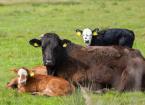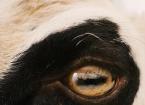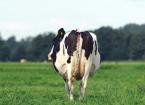Chainsaw Maintenance, Cross-cutting, Felling and Processing Trees up to 380mm
A 5 day training course with an independent assessment and certificate upon successful completion.
This is a hands-on course that delivers both practical skills and health and safety guidance as well as demonstrating that you and your employer have completed...










